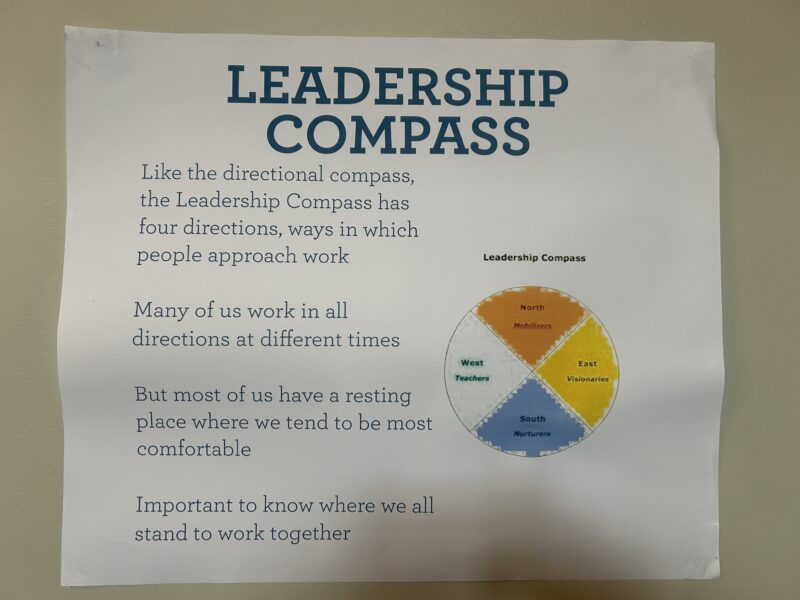Hang around the halls of Hyde long enough and you are bound to hear someone say something like, “Sorry, but I feel I have to lay some Truth over Harmony on you…”
This introduction tends to be followed by a frank, sometimes a bit harsh assessment or pronouncement about the person’s attitudes or behavior. As one partially responsible for launching this terminology into the Hyde lexicon – See The Biggest Job (Scribner, 2002) – I tend to let the conversation play out without comment.
However, sometimes the scenario bugs me – and not only on those occasions when it is directed at me! – for reasons that I have never been able to explain. Although I resist the urge to point out that the use of the qualifier “over” rather than “instead of” was intentional, I confess that I do sometimes want to blurt out, “Hey, harmony has its place. It’s not like it’s a bad thing!” I suppose I have come to feel that the current usage of the term is so ingrained in the Hyde culture that it would be too hard to inspire a revised understanding, until… now.
This fall I found myself sitting in a workshop session at the Character.org conference in Washington, anxiously awaiting the words and wisdom of Marvin Berkowitz, the inaugural Sanford N. McDonnell Endowed Professor of Character Education at the University of Missouri-St. Louis. I have always wanted to hear Marvin speak and was particularly interested to hear his presentation on the idea of applying Aristotle’s Golden Mean to character education.
Aristotle’s construct defines moral behavior as the mean between two extremes – deficiency at one end, excess at the other.
For example, Courage, the first of Hyde’s Five Words, might be represented as cowardice in the deficient extreme and foolhardiness or recklessness in the excess extreme.
Google Aristotle’s Golden mean and you will come across a number of charts like this one.
So, I decided to feed Hyde’s 5 Words and Principles through Aristotle’s filter. After discussions with a number of faculty and students, here is where we landed:
Vice of Deficiency Golden Mean Vice of Extreme
Cowardice COURAGE Reckless
Dishonest INTEGRITY Self-Righteous
Meek & Invisible LEADERSHIP Domineering
Disinterested CURIOSITY Dilettante
Cruelty CONCERN Enabling
Hedonist DESTINY Narcissist
Superiority Complex HUMILITY Inferiority Complex
Evil CONSCIENCE Psychotic
Liar TRUTH Self-Righteous
Uncaring BRO/SIS KEEPER Co-Dependent
So, the next time you feel tempted to lay some Truth over Harmony on someone, take some care to steer your comments somewhere between lying and self-righteous indignation. Maybe give some thought to the distinction between “over” and “instead of.” I cannot promise that anyone will say that you are as smart as Aristotle, but, hey, you’ll be Golden!
Onward, Malcolm Gauld


